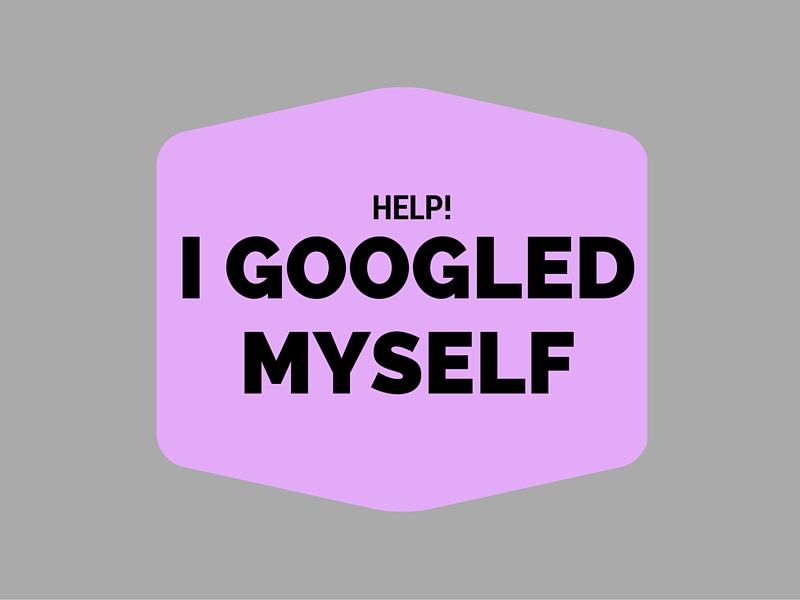 One of the best -- and sometimes, most frightening -- parts of being a writer is getting to Google yourself. Earlier this week, after spending a few hours researching absolutely nothing of consequence, I Googled myself. What I found was at once awesome and weird. Here are a few things I learned:
One of the best -- and sometimes, most frightening -- parts of being a writer is getting to Google yourself. Earlier this week, after spending a few hours researching absolutely nothing of consequence, I Googled myself. What I found was at once awesome and weird. Here are a few things I learned:
- There's a short
love notearticle on The Rumpus to a piece I wrote about zombies for The L.A. Review of Books. It's a year old. How could I miss this? - It's funny you should ask. One big reason is that Google Alerts DOESN'T WORK. I've had active alerts on my name for the past two years. During that time, it's sent me ONE update that actually caught my work. Things it didn't catch: lots of published articles, mentions, any of the articles about other McLaffertys, and a few other things...
- Like that I'm a literal footnote in whisky history, at least on Wikipedia. One of my articles is source #4 for their Tennessee whiskey page.
- Pieces from my mental_floss column have been used as sources for a seemingly academic presentation and an unrelated paper.
- On the shitty side of things, I found out that a lot of people don't respect copyright. Seven (!!!) different sites that had posted word-for-word or poorly paraphrased versions of articles I've written. That's not cool, guys. Or legal.
- Apparently Refinery29 has a content sharing agreement with MSN, so I can now say that my work has appeared on MSN.com.
